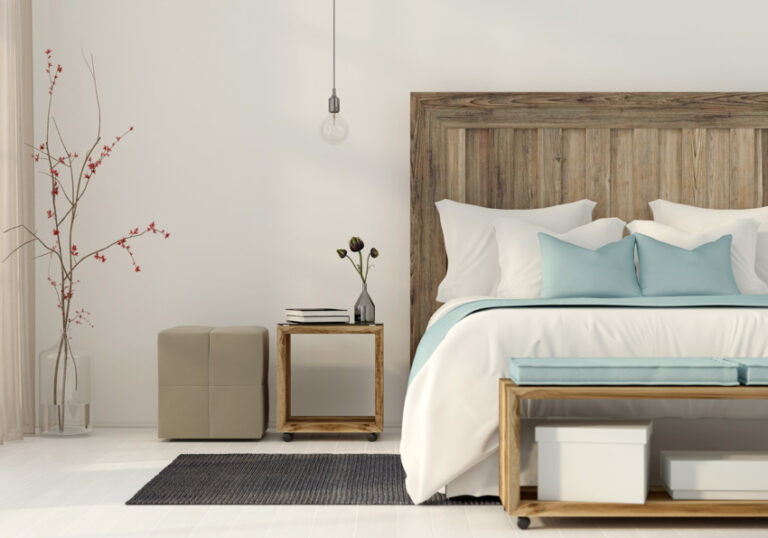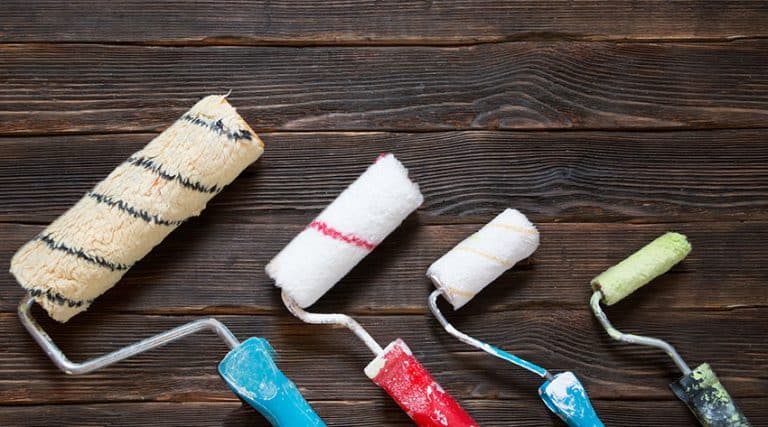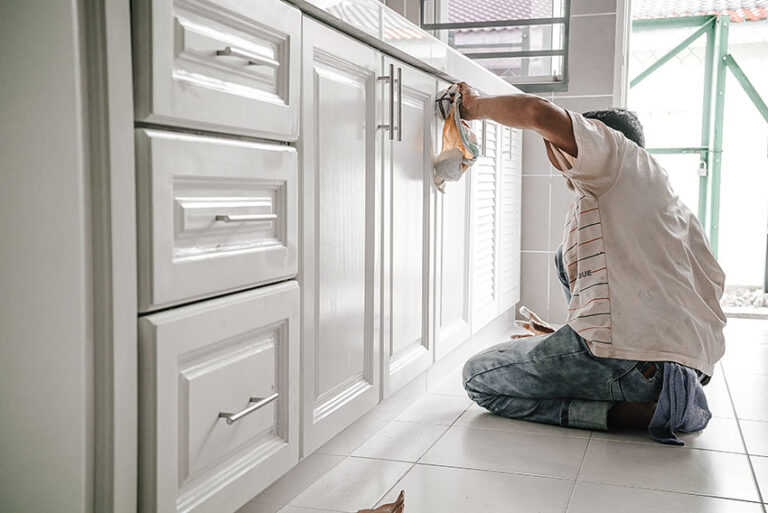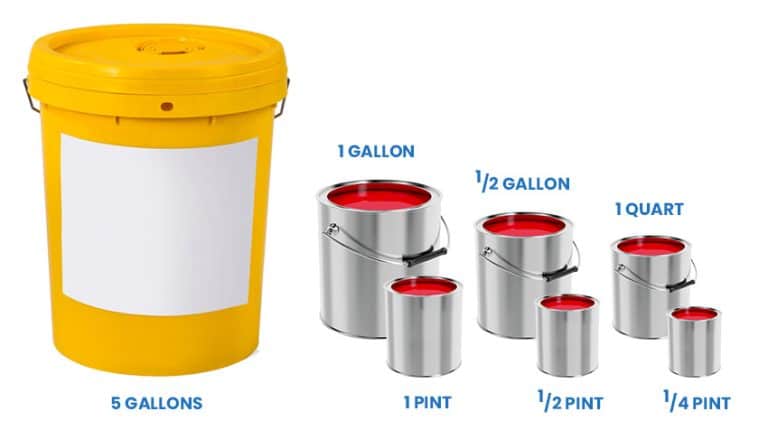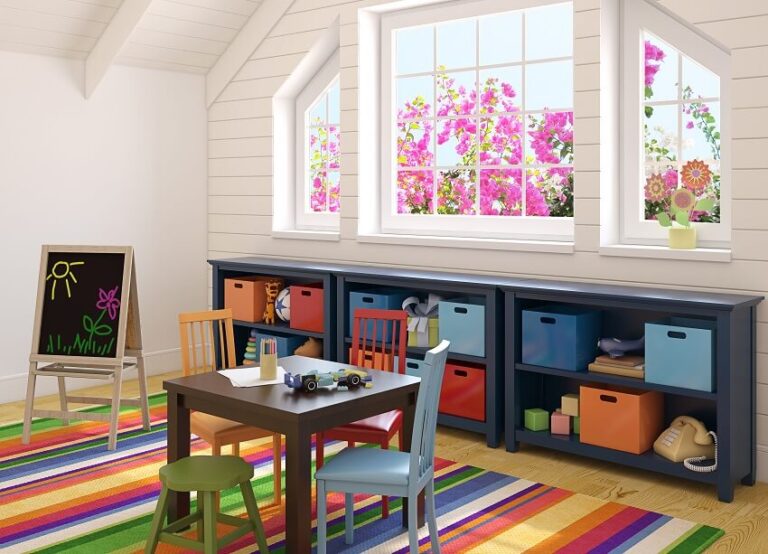Replace Countertops Without Replacing Cabinets
Here we share our step by step guide on how to replace countertops without replacing cabinets including hings to consider before replacing your kitchen countertops.
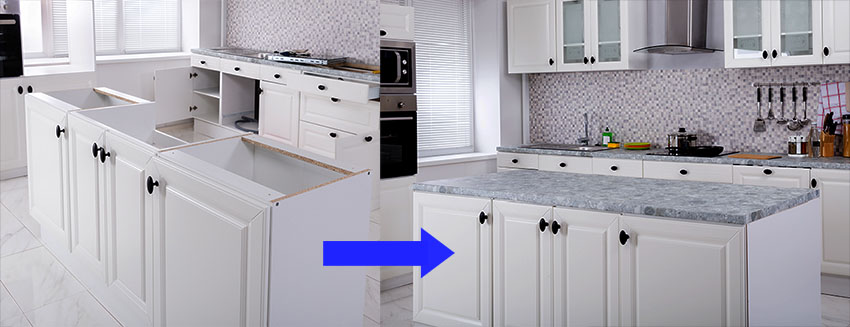 If you’re currently in the process of updating your kitchen but find it too expensive to include updating your cabinets as well, a good thing to consider is that you can opt out of replacing your cabinets altogether. It can still work.
If you’re currently in the process of updating your kitchen but find it too expensive to include updating your cabinets as well, a good thing to consider is that you can opt out of replacing your cabinets altogether. It can still work.
Admittedly, it’s a bit of a risky way to do it but for as long as you are informed of the possibilities and what your options are, with a little bit of research and maneuvering, you can definitely pull it off.
You don’t necessarily have to follow the usual practice of updating both the cabinets and the kitchen countertops all at the same time especially if it doesn’t fit into your budget just yet.
Here are a few important things for you to take into account before you take on such a project. [toc]
Ideal Kitchen Layout
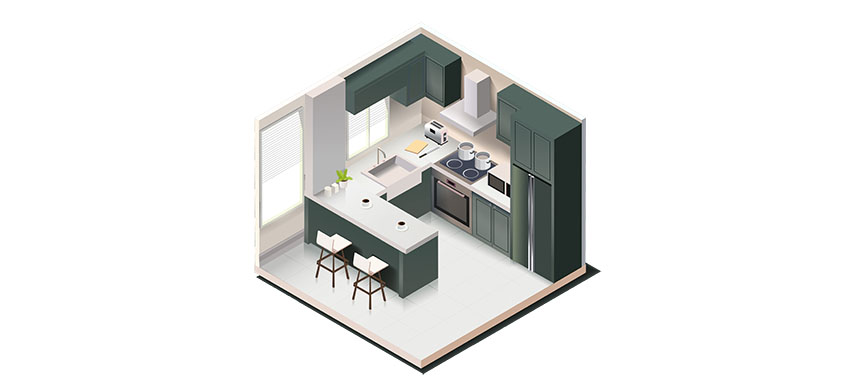
You have to know though that it would help if you first get the opinion of a professional interior designer before you make any decisions. It’s very possible that there might be a few other ways for you to maximize your kitchen space.
Still, if we’re under the presumption that you’re OK with your kitchen layout as it is and you don’t mind sticking with it in the years to come, installing a new countertop on top of your existing kitchen cabinets can definitely already create a huge design difference even if you’re on a budget.
You can try kitchen design software programs to help you create or remodel your floor plan. This will help you visualize the space and different ideas before purchasing and installing any materials.
Possible Damage To Your Old Cabinetry
Proceed with caution if you’re opting for heavy countertops such as granite or quartz. Their weight could cause damage on your old cabinets or at times even cause them to collapse especially if the structural integrity has been compromised.
Thankfully, there’s still a way around it. It would be best if you opt for lighter countertops such as laminates. Laminates are great. They come in a lot of designs and they don’t weigh as much as their marble, quartz, or granite countertops.
Also, laminate is affordable so in the event that it does collapse and sustain some damage, it won’t cause too much of a dent on your budget.
Countertop Warranties
Expensive countertops usually come with warranties from the manufacturer that will guarantee that they’ll cover for any damages in case problems arise that aren’t necessarily your fault. This is, however, under the premise that you’re installing their countertops on sturdy and new cabinets. So the ideal way to go would really be for you to go for new cabinets.
However, if that isn’t an option for you or your kitchen at the moment, just do a thorough inspection of your old cabinetry’s structural integrity. If you think that it’s still sturdy enough to take on the weight of a heavy and new countertop, then you may proceed with the minor risk that if anything should happen or if the cabinetry collapses, your warranty may be voided.
Contact Paper
With all of those things noted and taken into account, a cheap but still attractive way to update your countertop would be by using contact paper, the peel and stick type. It can be adhered to the surface of your old kitchen counter, giving it a cleaner and fresher look as well as an ultimately new design while keeping all of the same materials.
You can even add in a few extra touches like replacing your kitchen faucet with a touchless model to further modernize the look of your kitchen.
Contact paper’s great because you can get them in a wide variety of designs that can mimic granite, marble, stone, and other materials that you might fancy.
How To Change Countertops Without Replacing Cabinets
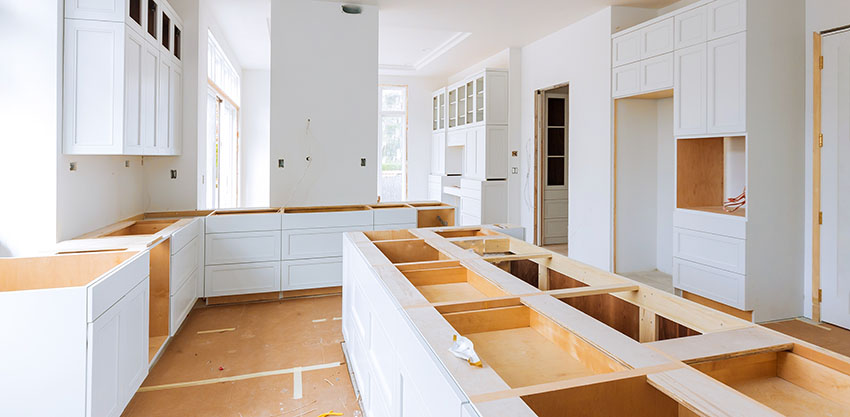
It is definitely possible for you to change your countertops without ever replacing your cabinets. Here are a few tips you can take in to get that under way.
Remove The Old Countertop
Start off by removing your old countertop. Go out of your way to remove it without damaging your old cabinetry in the best ways possible.
It really depends on the way that your original countertop has been attached. You might need a combination of tools such as the back of a hammer to loosen up the nails, a pry bar, or maybe a reciprocating saw.
If it’s a particularly large countertop, it would be practical to cut it off in sections to make its removal easier. Watch where you cut and saw so that you don’t end up cutting into your cabinet woods, since you’re planning to reuse them for the new countertop.
Check Cabinet Surface Level
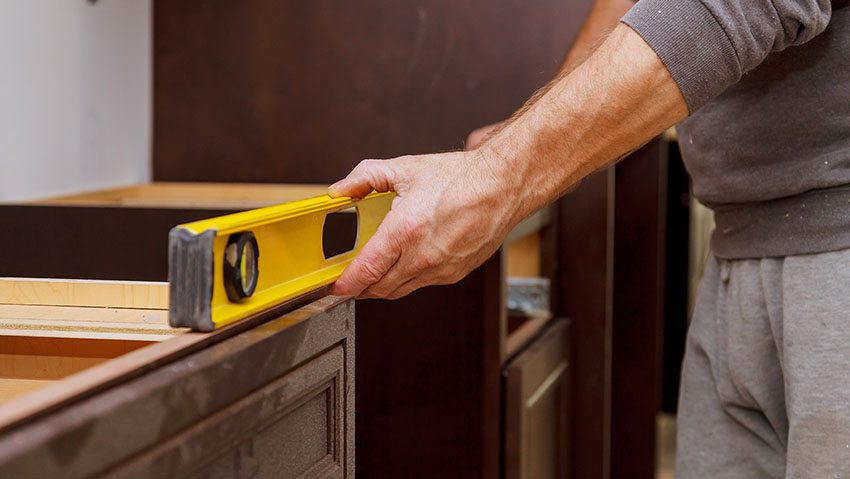
Some construction adhesive smoothed over the entire surface will help further secure your new countertop before you tack it on.
Let The New Countertop Set
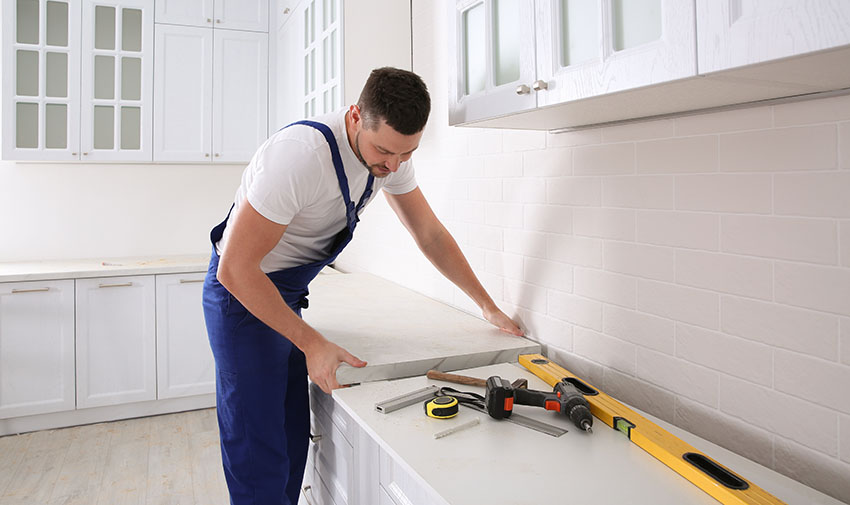
Secure Further With Screws
Adhering the countertop to the top surface of your cabinetry won’t be enough. You need to make sure that you anchor it down by screwing it into place as well.
Drill and attach the screws from underneath so that the top of the countertop surface stays smooth and clean and without any holes or drill marks.
Saw And Drill In Your Sinks and Fixtures
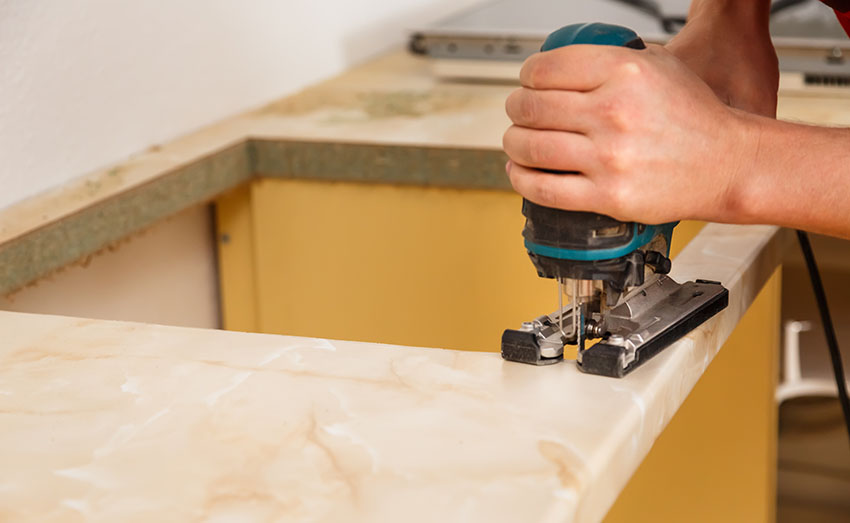
Don’t install your actual fixtures in until you get the backsplash updated as it can be difficult to update the backsplash once the sinks and faucets are up.
For more related content, visit the most durable kitchen countertops on this page.


